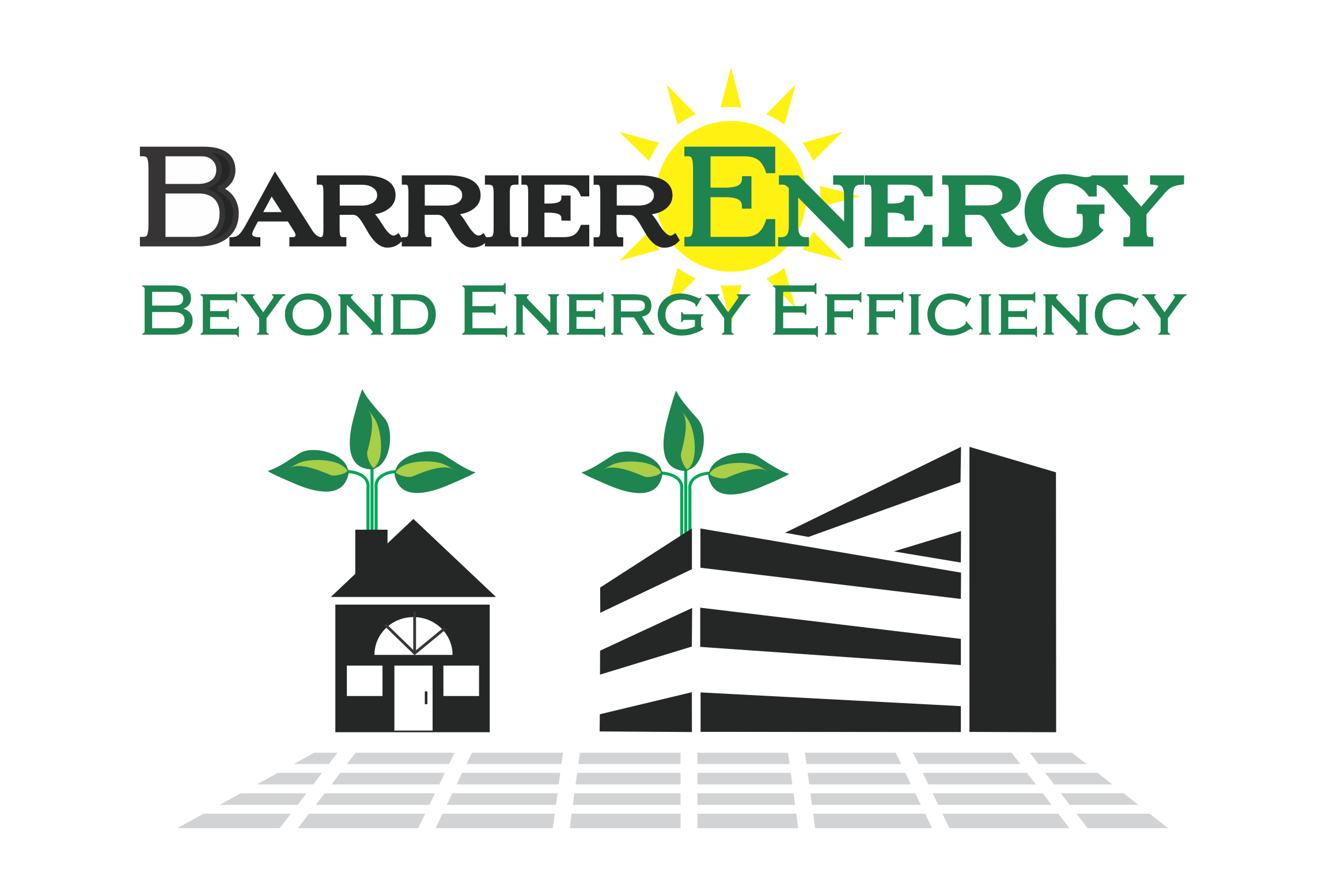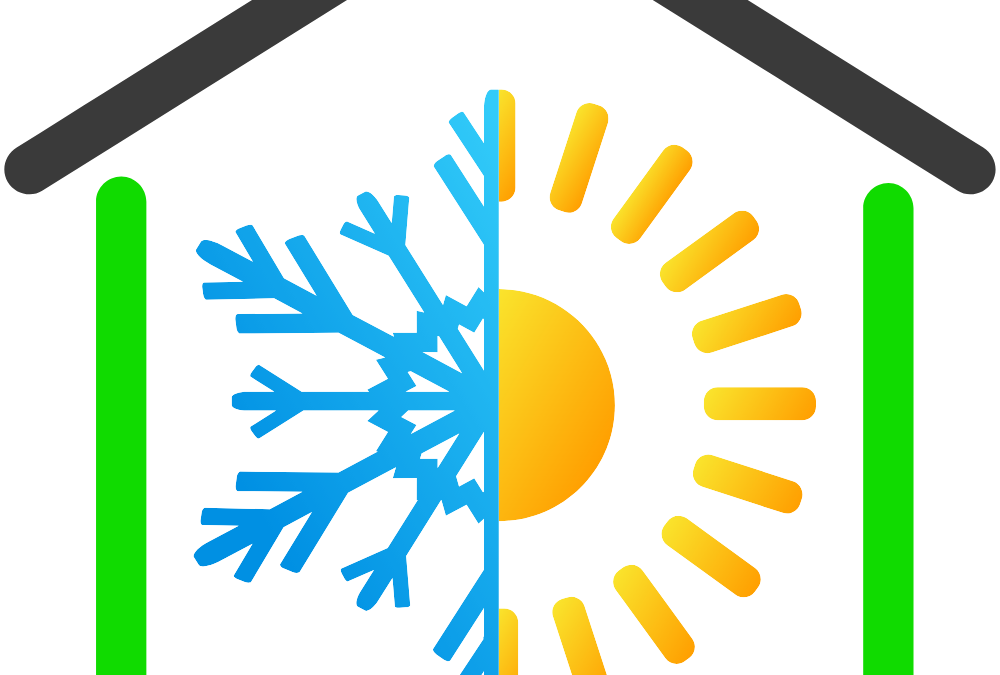Is Peak Season Breaking the Bank?:
There are many ways to keep your house cool during summer, which will help regulate your utility bill. During the peak of summer, the heat can be brutal. Therefore, being indoors can be one of the only ways to escape. Instead of cranking your AC full blast this summer, see which of our tips you can apply. Solutions come down to one thing: energy efficiency. First, you must take steps to help your HVAC system work efficiently. Then, you can enjoy a comfortably cool home all summer long.
Free and Low-Cost Tips:
- Close vents in the basement: Heat rises in multi-level structures. Accordingly, the basement tends to be the coldest place in the house. Closing vents in the basement will push the A/C into the home’s upper levels. This way, each level will be equally cooled.
- Zoning: Altering your HVAC system for zonal control is the best way to get temperature accuracy. Many people opt to have zonally controlled levels due to temperature differences between levels. It’s also a more efficient method than tip #1 because closed vents create static pressure within the HVAC system.
- Programmable Thermostats: Program your thermostat to turn off while you’re away. You can also set variations for nighttime vs daytime. At night, it may even be cool enough to open windows instead of using A/C. Spare your HVAC system from overworking itself so you can save your money.
- Use fans: Keep ceiling fans on to circulate cool air inside. In case there aren’t ceiling fans, standing blow fans are an affordable alternative.
- Turn off exhaust fans: Bathroom vents release hot moist air from the house during a shower. Consequently, cold air can escape too! Close the bathroom door while the vent is on and turn it off when the shower is done. Similarly, the kitchen hood removes heat from the stovetop while cooking. Always remember to turn off exhaust vents as soon as you’re done using them.
- Shading: Heat radiation can get inside through direct light. So, close blinds and curtains on the sun-facing sides of your home. In addition, plants or coverings can provide shading outside of the home.
- Upgrade lights: Incandescent bulbs produce about 3x more heat than their fluorescent or LED counterparts. Upgrade to all LEDs, which are more efficient and last longer!
Investors Tips:
- Insulation: Make sure your attic is insulated as well as the walls. Insulation is an affordable and easy fix. It traps the cool air while preventing hot air from getting in. A QII (quality insulation inspection) ensures insulation is installed thoroughly with no gaps.
- Duct Leakage: Get your ducts inspected for air leaks. If ductwork isn’t properly pressurized, the HVAC system cannot operate efficiently. Duct leakage is a diagnostic measure that can tell us if your system is over or under-producing. Learn more about the process here.
- Rated Equipment: When it comes time to replace or install an HVAC system, choose energy-efficient brands. Efficient equipment will have a special rating, such as Energy Star. The return on investment will be worth it, especially in peak seasons.
- Reflective Windows and Roofing: In warmer climates, choose windows, doors, and roofing with a high reflectance value. They are designed to prevent heat absorption.
- Building Leakage Analysis: Within no time a technician can evaluate the internal pressure of your home. If they find issues in their data, they can analyze and locate where cold air is leaking out of the building. Common problem areas are windows, flooring, roofing, and doors.
- Air Balance Testing: Proper air balance means temperature-controlled air is being evenly dispersed throughout the building. With a simple airflow assessment, a technician can locate any issues and rebalance the HVAC system.
- Radiant Barrier / Cool Roof: Most heat enters a building through direct sun hitting the roof. To combat solar heat gain, you can add reflective material to the underside of the roof, known as a radiant barrier. You can also ask your contractor about cool roof materials.
Utilizing Energy Efficiency to Keep Your House Cool:
According to ASHRAE (American Society of Heating, Refrigerating, and Air-Conditioning Engineers), efficiency measures can have a significant impact on keeping indoors cool. Follow these steps and we assure you that you will notice an improvement in the summer. You can keep your house cool all summer without hurting your pocketbook. If you’re interested in an in-depth assessment of your home, contact us for a free quote today.


Recent Comments